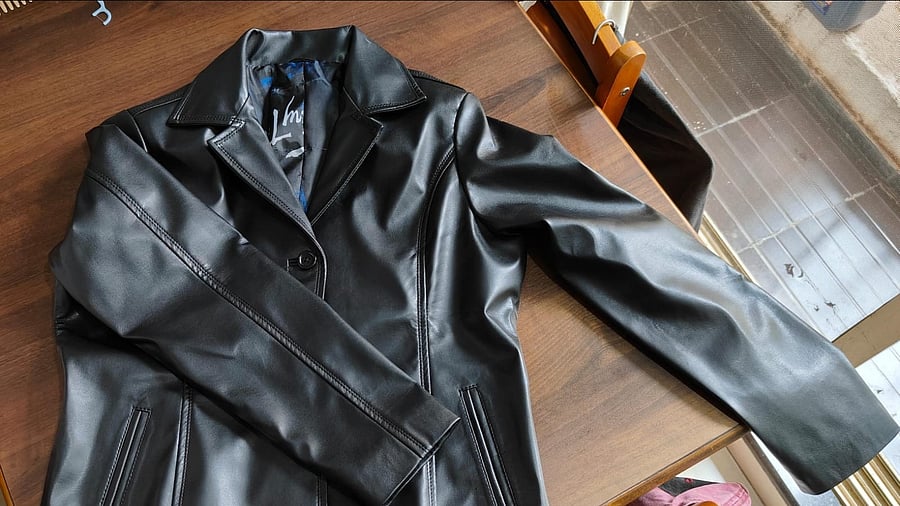
Can bags, wallets and sandals made out of plants look like shining leather products? A Council of Scientific & Industrial Research laboratory in Thiruvananthapuram has come out with a technology to develop “vegan leather” that looks and feels like regular leather or its synthetic counterpart.
The National Institute for Interdisciplinary Science and Technology (NIIST) has transferred the technology to a Maharashtra-based firm and filed two patent applications on the novel technology that was showcased at an exhibition at Bharat Mandapam in Delhi last week. “The company will set up an extraction and processing unit in Pune and make leather substitute products from cactus plants. Such products remain stable for two-three years,” NIIST director C Anandharamakrishnan told DH.
Agro residue and biomass from mango, papaya, cactus, coffee, banana, apple waste, pineapple, vetiver grass, rice straw and water hyacinth can be used to make vegan leather products.
“The plant-based leather substitute has good tensile strength and water retention properties; it can resist temperature, remain stable and offer a sleek finish when compared to other existing synthetic and animal leather. It can also withstand rains,” he noted.
The process involves extracting good quality cellulose from plant fibres and turning it into leather-type sheets using a binder and heat. The density of the pulp can be varied depending on the final product. Once a sheet is made, it can be rolled or machined to make specific products.
“We filed two patents — one on the binder that is used to make the sheet and the second one on the design of a dryer required in the process,” said Anjaneyalu K, the NIIST scientist who worked closely on the technology.
The common leather substitutes are synthetic leather made out of petroleum products with a booming market valued at over $30 billion in 2020. The market is likely to hit the $40-billion mark in six years as per industry estimates.
But on the downside, there are environmental hazards associated with leather processing as well as with synthetic leather. Also, the production of leather involves toxic chemicals and the process is highly energy- and water-consuming.
The vegan leather provides an eco-friendly alternative. It has the potential to replace 30-50% of synthetic chemicals used in the existing leather market.
“Also, the developed leather sheet costs 50% less than synthetic and animal leather and has a smaller carbon footprint,” Anandharamakrishnan said.
